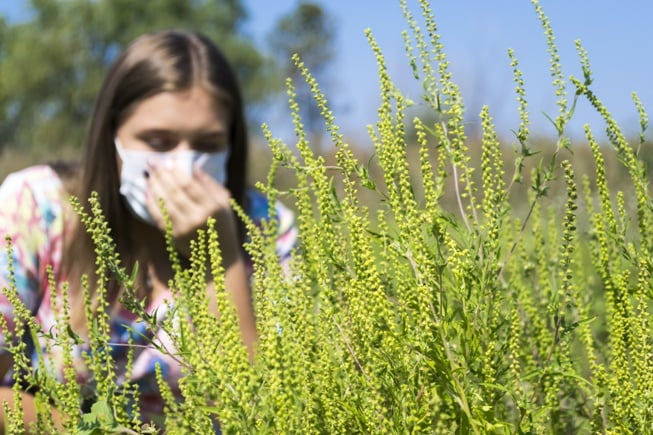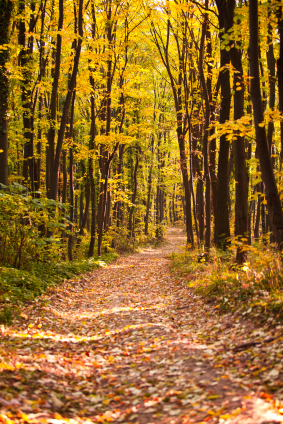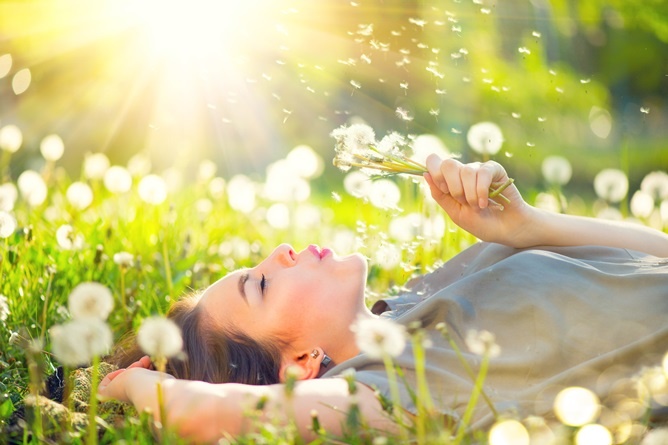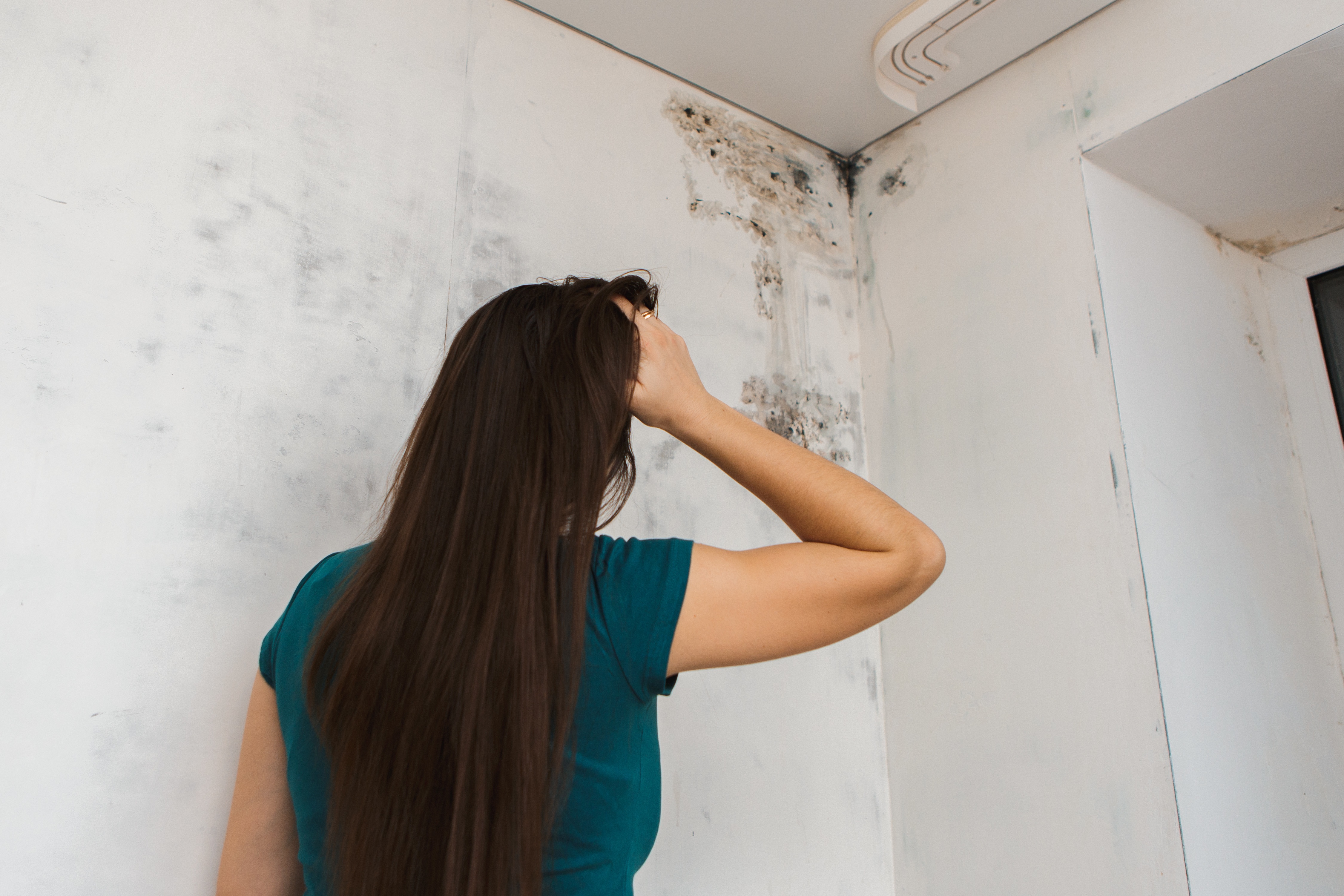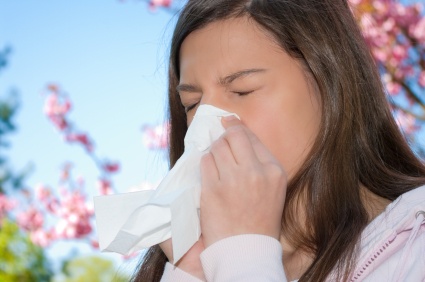One of the first health concerns that brings new mothers into the office is eczema, also known as atopic dermatitis. They typically try applying over-the-counter products including lotions, coconut oil, steroid cream, or some combination thereof, but often the scaly red skin induces panic that brings them in the door when all other efforts are exhausted. This can be a blessing in disguise because it often prompts the doctor to test for food allergies, environmental allergies, and infections that are common precipitating factors in eczema.
Why is the Skin Reacting?
The clear tangible benefit to investigating these things further is that eliminating allergic triggers, clearing up infections, healing the gut, and desensitizing the body to the allergies produces a noticeable change in the outward appearance of the skin. A less obvious, but important, effect is that this provides the patient with added protection against more than multiple types of asthma and reduces the risk of allergic rhinitis and other allergy symptoms in the future.
Skin inflammation can set off an internal inflammatory cascade that can perpetuate further skin conditions and lead to several inflammation-based illnesses later in life.1, 2
Pathophysiology of Atopic Triad in Children
Asthma, eczema, and allergies have very similar triggers and immune reactions.
Read More.png?width=305&height=132&name=NIHAlogoBLUE_3_transparent%20(2).png)

